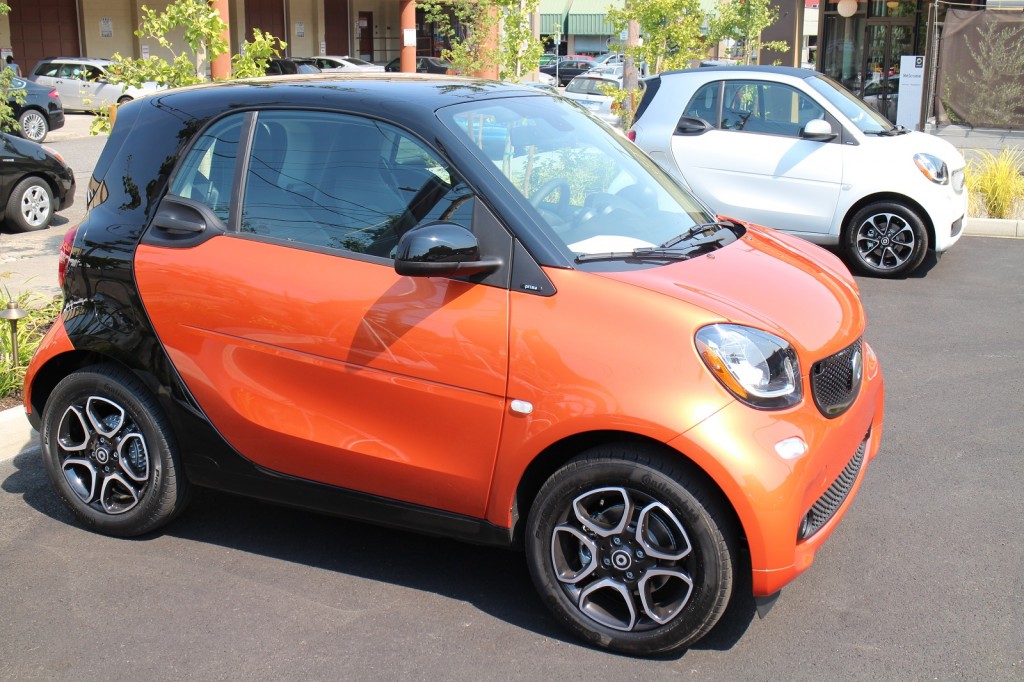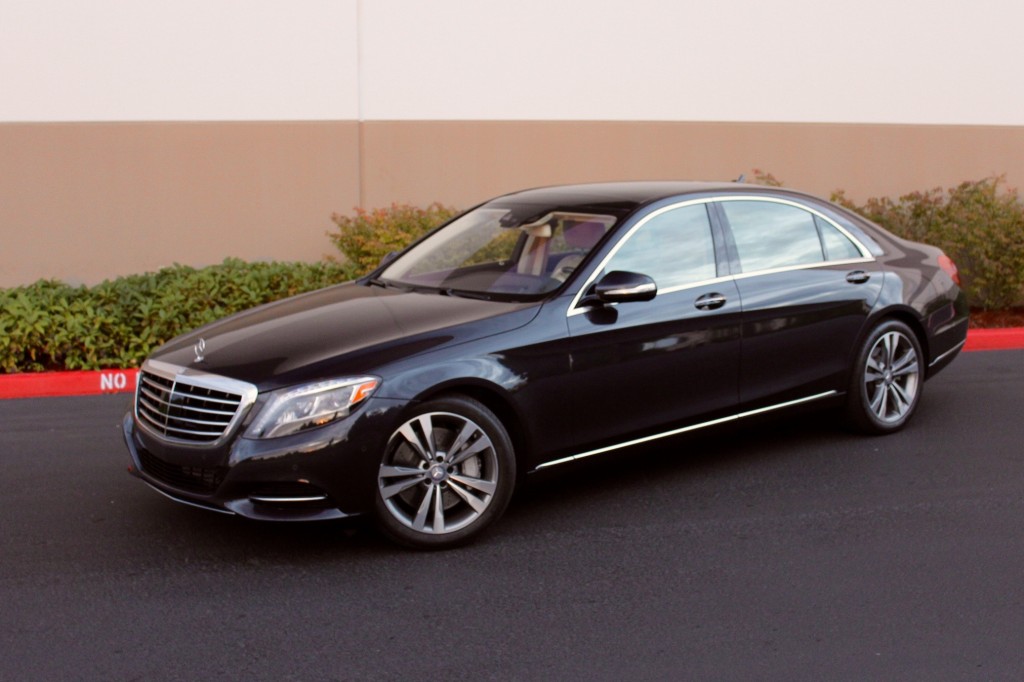As global automakers gear up to produce higher volumes of plug-in electric cars, their battery strategies vary.
Some buy in both lithium-ion cells and complete battery packs, some purchase cells but design and assemble them into packs in-house, and some own part of the cell maker.
Now Daimler has announced that its Deutsche Accumotive battery subsidiary will triple its production capacity for battery packs.
DON'T MISS: Hydrogen Fuel Cells Less Likely Than Electric Cars: Daimler CEO Zetsche
According to a company press release from last week's Geneva Motor Show, Accumotive will spend €500 million ($550 million) on a second battery plant.
That plant will assemble packs using lithium-ion cells from South Korean companies, though Daimler did not mention it in the release.
In fact, Daimler shut down its cell subsidiary Li-Tec last year, saying it simply wasn't economical to make cells themselves in Germany.

Smart Fortwo Electric Drive and Mercedes-Benz B-Class Electric Drive at driving school.
Groundbreaking for the new facility, on 50 acres adjacent to its existing Kamenz plant in the German province of Saxony, will take place this fall.
The plant is expected to start production of battery packs sometime next summer, to be used in hybrid, plug-in hybrid, and battery-electric models of both Mercedes-Benz luxury cars and Smart city cars
ALSO SEE: Mercedes 'ELC' To Compete With Audi e-Tron Electric SUV In 2018: Report (Dec 2015)
Founded in 2009, Accumotive assembles battery packs for vehicles and stationary storage, but does not fabricate the lithium-ion cells themselves.
The latest generation of Smart ForTwo Electric Drive, scheduled to be unveiled this year as a 2017 model, is to use cells purchased from LG Chem and made in South Korea.

2016 Smart ForTwo minicar, Portland, Oregon, Aug 2015
Daimler has also sourced cells from Samsung SDI. It announced last year that small Korean firm SK Innovation had been selected to supply cells for a future electric car, but gave no other details.
Earlier, the company had purchased complete battery packs from Tesla Motors, using Panasonic cells, for a previous generation of its Smart ForTwo Electric Drive and limited runs of its small A-Class and compact B-Class battery-electric cars.
CHECK OUT: Mercedes To Make Executives Drive Plug-In Hybrids Or Electric Cars
The expansion of the Accumotive battery-assembly plant "underlines our commitment to the consistent expansion of electromobility", said Dieter Zetsche, the CEO Mercedes-Benz Cars and board chair of Daimler AG.
And, said Harald Kröger, the company's electrification chief, "we will expand the production capacity consistently in the coming years."

2015 Mercedes-Benz S550e Plug-In Hybrid
Daimler thus appears to be following the model set by General Motors eight years ago, in which it invited lithium-ion cell makers to compete for contracts to supply the first Chevrolet Volt range-extended electric car.
LG Chem won that competition, and has by far the largest array of automaker cell contracts in the business.
Panasonic, by contrast, is used largely by Tesla, and Automotive Energy Supply Corp cells are fitted only to current Nissan electric cars. (AESC is a joint venture of Nissan and Japanese computer giant NEC.)
READ DETAILS: How Audi, BMW & Mercedes Plan To Compete With Tesla--And Why (Oct 2014)
Like Tesla, Mercedes-Benz offers not only cars with plugs but also energy-storage batteries for both home and commercial applications.
Home-storage batteries can now be ordered from Mercedes in Germany, with installations to start later this year.
Since Accumotive started battery production in 2012, Daimler says, the company has delivered more than 70,000 lithium-ion packs.
_______________________________________













